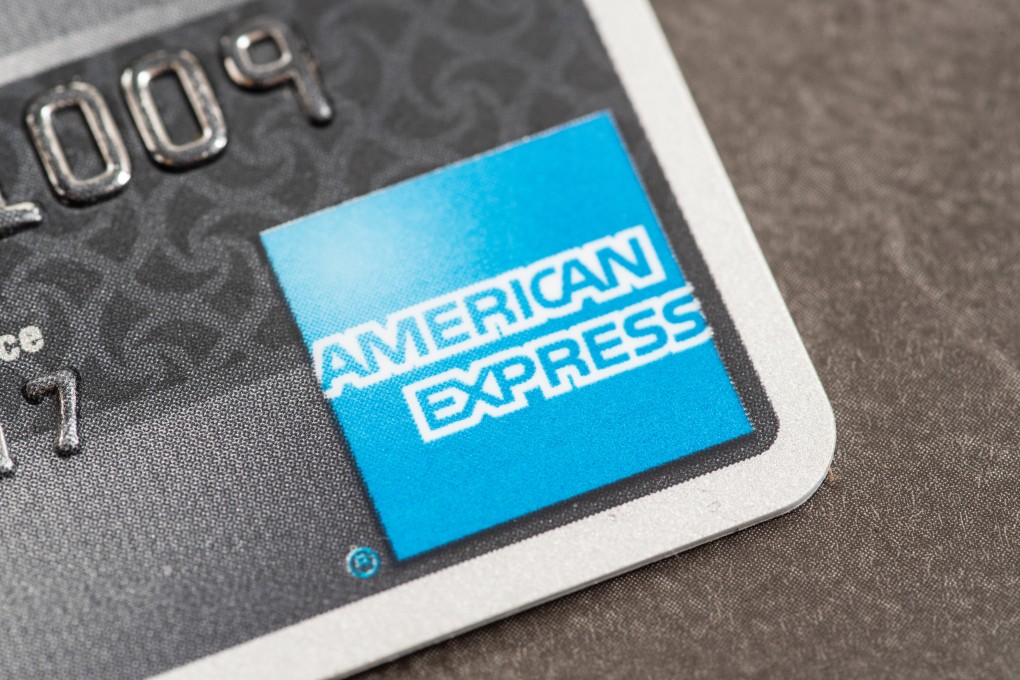Advertisement
American Express: new yuan card settlement network promotes global use of China’s currency
- Beijing’s decision to let American Express join national clearing network will boost the yuan’s circulation and its role in global finance, analysts say
- The move has the added benefit of reducing China’s reliance on the US dollar payments system as bilateral relations between Washington and Beijing deteriorate
Reading Time:4 minutes
Why you can trust SCMP

American Express’ entry into China’s US$27 trillion payment market may help increase the use of the yuan across borders amid worsening US-China tensions, according to analysts.
Since last week, Chinese commercial lenders Minsheng Bank, Guangfa Bank, Ping An, Shanghai Pudong Development Bank and China Merchants Bank have launched American Express cards whose bills can be paid in yuan both inside and outside China. Previously, offshore card transactions were allowed to be settled only in foreign currencies.
The joint venture between American Express and LianLian DigiTech, called Express (Hangzhou) Technology Services, obtained approval in June from China’s central bank for a network clearing license, making American Express the first foreign company allowed to settle yuan-denominated credit card transactions both abroad and on the mainland.
Advertisement
The clearing of card transactions refers to the settlement of transactions and the transfer of funds from one bank to another, and by a bank to a merchant that accepts the card when someone uses it to make purchases.
Advertisement
Beijing’s decision to let the American company participate in its clearing network will help channel more yuan funds abroad, boosting the yuan’s circulation and its role in global finance, analysts said. The move has the added benefit of reducing China’s reliance on the US dollar payments system amid worries that the United States could try to impose financial sanctions on the country because of deteriorating bilateral relations.
Advertisement
Select Voice
Select Speed
1.00x